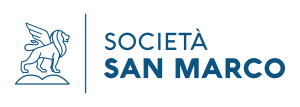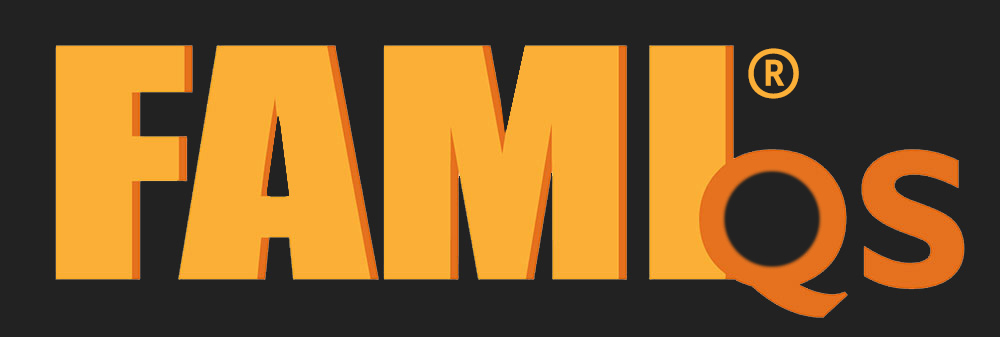Zinc supplementation in animal nutrition.
Zinc is an essential component of over 200 enzyme systems which are involved in the metabolism of carbohydrate, protein and nucleic acid, epithelial tissue integrity, cell repair and division, vitamin A and E transport and their utilization. In addition, Zn plays a major role in the immune system and certain reproductive hormones. Zn has a critical role in the repair and maintenance of the uterine lining following parturition, speeding return to normal reproductive function and oestrus. Zinc is mainly stored in the liver, pancreas, bone, skin and hair.
Zinc in Ruminant nutrition
Zinc is a very important mineral for ruminants, its deficiency causes poor growth, loss of appetite, and a bad feed conversion rate. Due to its crucial function in defense enzymes (copper-zinc superoxid dismutase), zinc deficiency reduces resistance. In dairy cows, zinc deficiency is visible through bad hoof horn quality, reduced fertility and poor udder health.
Zinc in Poultry nutrition
Zinc plays an important role in poultry, particularly for layers, as a component of a number of metalloenzymes such as carbonic anhydrase which is essential for eggshell formation in the hens’ shell gland. Classic deficiency symptoms of a zinc deficiency in poultry could include a suppressed immune system, poor feathering and dermatitis, infertility and poor shell quality.
Zinc in Swine nutrition
Zinc is also essential for swine nutrition. Most of the enzymes in pig require zinc for their normal structure and function. It forms an essential part of insulin. Pigsdeficient inzincshow poor growth, poor appetite and a skin thickening called parakeratosis.
Zinc in Aqua nutrition
In order for fish and shrimp to reach their full genetic and nutritional potential, it is important that they receive the right minerals. Organic trace minerals can positively impact animal health, performance, producer’s profitability and environment.
By using ‘Real Chelate Zinc’ of Società San Marco, optimum Zinc supplementation in the feed is provided. Our real chelate minerals are stable across the digestive tract and allows efficient transport across the intestinal wall. Its unique chemical structure makes it even more bioavailable. These chelates utilize a methionine or glycine ligand to deliver optimized stability. With our intensive experience and knowledge, we are producing methionates under our ‘Power Line’ category and also glycinates under our ‘Force Line’ category.
ZincPower
ZincPower is an organic Zinc trace mineral supplement in which Zinc and Methyonine Hydroxy Analogue (MHA) are complexed through full ring real chelation to form a highly bioavailable and essential source of supplementation required to support many biological functions.
ZincForce
ZincForce is an organic Zinc trace in which Zinc and glycine are bonded through full ring real chelation to form a highly bioavailable and essential source of supplementation required to support many biological functions.
Advantages of our ‘Real Chelate Zinc’ products:
Full Ring Real Zinc is giving us the best option for the zinc supplementation, thanks to their improved stability during the intestinal tract, higher bioavailability, extra methionine value, reduced inclusion rates and better environment & animal welfare.
* This bulletin has been prepared by Società San Marco Technical&Marketing team to share our experience, knowledge and technical works with our sectoral partners.







